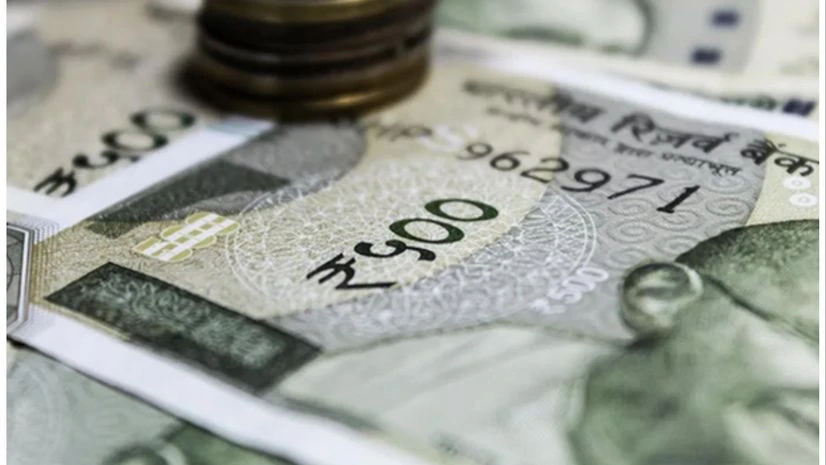)
While banks were keeping the float funds in interest-bearing savings accounts, the RBI does not pay interest on the cash balances. This has also hurt the government in terms of foregone income. (Photo: X@ANI)
At a time when deposit growth remains sluggish, trailing credit offtake, public sector banks have made a strong appeal to the finance ministry urging that government cash balances be held by them, rather than the Reserve Bank of India (RBI). This move, they argue, would bolster the share of low-cost current account and savings account (Casa) deposits which has been dwindling.
In 2021, the government implemented a new framework under the SNA-SPARSH platform, aimed at improving the flow and monitoring of funds under centrally sponsored schemes (CSS). Under this system, government cash balances were directed to the RBI rather than to commercial banks. Bankers argue that this change has resulted in reduced float funds and thus has impacted operational efficiencies. This has raised the cost of deposits and negatively impacted banks’ net interest margins.
Inching down
Casa ratio (in %)

The 2021 change, they argue, has hurt the government in terms of foregone income.
In a meeting with Finance Minister Nirmala Sitharaman earlier this week, top banking executives proposed that government cash balances should be parked with designated banks to help them tide over the current liquidity situation.
According to the latest data, the government’s cash balance, as on August 9, stood at Rs 2.1 trillion, but has since declined as post-election government spending has picked up.
Bankers further argued that the revised framework has wider implications for the central bank’s liquidity management, as it affects systemic liquidity across the financial system.
Most banks have seen their share of low-cost casa deposits shrink over the past year. State Bank of India, for example, experienced a decline in its Casa ratio from 42.88 per cent at the end of the first quarter of FY24 to 40.7 per cent in FY25.
Based on the latest RBI data, deposit growth has lagged behind credit growth, with bank loans rising by 13.7 per cent year-on-year and deposits increasing by just 10.6 per cent.
Both Sitharaman and RBI Governor Shaktikanta Das have pressed banks to step up deposit mobilisation to ensure the sustainability of credit growth. During the recent meeting, the finance minister encouraged banks to conduct special drives aimed at increasing deposits.
The RBI has also issued a word of caution to banks, warning that an over-reliance on short-term corporate deposits could lead to structural liquidity problems. In response, many banks have increased their deposit rates and launched new schemes offering higher returns to savers. However, this could further squeeze net interest margins in the quarters.
First Published: Aug 21 2024 | 7:43 PM IST





